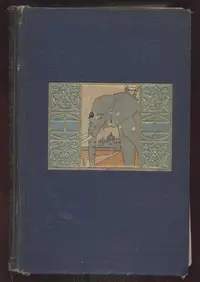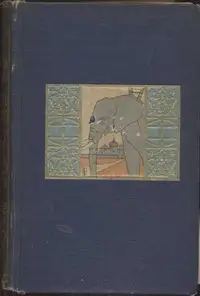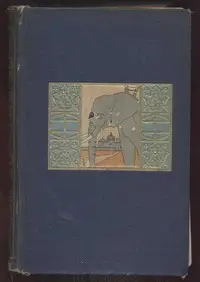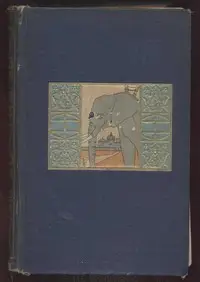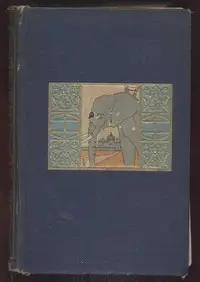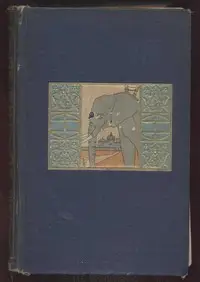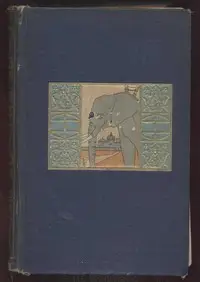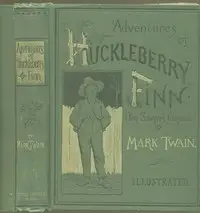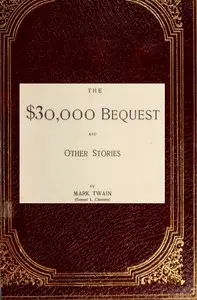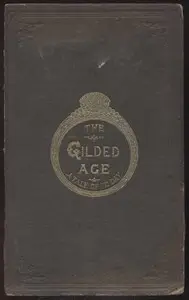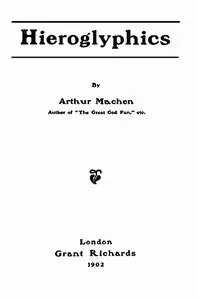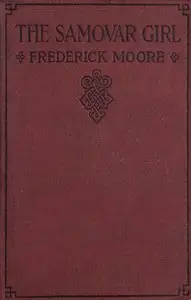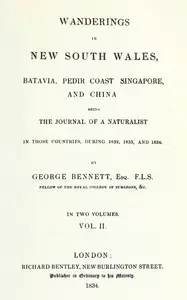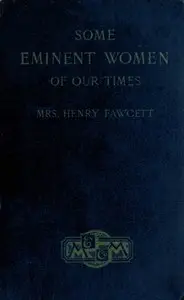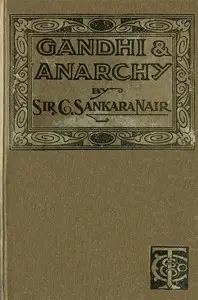"Following the Equator: A Journey Around the World. Part 6" by Mark Twain is a captivating late 19th-century travelogue that shares the author's witty and keen observations of different societies, especially India, as he travels around the world. The narrative focuses on the ancient city of Benares, painting a vivid picture of its diverse religious customs and the blend of faith and folklore that permeates daily life. Twain presents a humorous yet thoughtful exploration of Hindu rituals and beliefs, from the sacred Ganges to the elaborate temples, revealing the contrasts between spiritual devotion and the harsh realities of life he witnesses. He creates a satirical guide for pilgrims, detailing bizarre purification rituals and methods for gaining wealth and long life, showcasing the intertwined nature of spirituality and superstition. Through encounters with cremations and gurus, Twain captures the vibrant essence and puzzling contradictions of a society steeped in tradition, leaving readers fascinated by India's wonders.
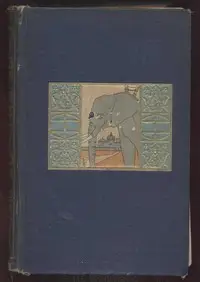
Following the Equator: A Journey Around the World. Part 6
By Mark Twain
Embark on a journey to India, where spirituality and superstition collide, and ancient customs are observed with both reverence and a critical, humorous eye.
Summary
About the AuthorSamuel Langhorne Clemens, known by the pen name Mark Twain, was an American writer, humorist, and essayist. He was praised as the "greatest humorist the United States has produced," with William Faulkner calling him "the father of American literature." Twain's novels include The Adventures of Tom Sawyer (1876) and its sequel, Adventures of Huckleberry Finn (1884), with the latter often called the "Great American Novel." He also wrote A Connecticut Yankee in King Arthur's Court (1889) and Pudd'nhead Wilson (1894) and cowrote The Gilded Age: A Tale of Today (1873) with Charles Dudley Warner.
Samuel Langhorne Clemens, known by the pen name Mark Twain, was an American writer, humorist, and essayist. He was praised as the "greatest humorist the United States has produced," with William Faulkner calling him "the father of American literature." Twain's novels include The Adventures of Tom Sawyer (1876) and its sequel, Adventures of Huckleberry Finn (1884), with the latter often called the "Great American Novel." He also wrote A Connecticut Yankee in King Arthur's Court (1889) and Pudd'nhead Wilson (1894) and cowrote The Gilded Age: A Tale of Today (1873) with Charles Dudley Warner.

